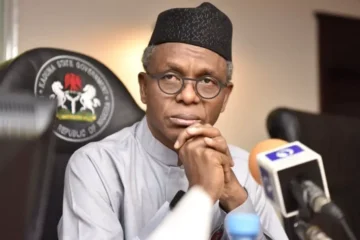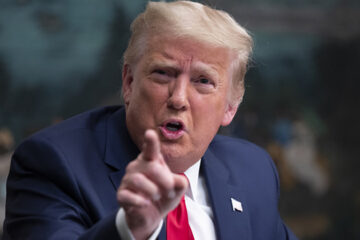
The administration of President Muhammadu Buhari has spent nothing less than N13.17 trillion between 2016 and March 2022 to service debt.
According to the information from the Debt Management Office, from 2016 to March 2022, servicing local debts gulped N10.77 trillion, while the government spent N2.40 trillion ($7.84billion) to service external debts.
The amount spent on external debt servicing was converted to Naira at the CBN’s exchange rate for the year.
For instance, the naira-dollar average exchange rate for 2016 was N197 and N305 in 2017 respectively.
It was N305 in 2018 and N360 in 2019. It closed at N380 and N420 in 2020 and 2021 respectively.
From January to December, a total of N1.23 trillion was spent to service the country’s domestic debts in 2016.
The figure for domestic debt servicing rose to N1.48 trillion in 2017 while the budget for education in the same year was N550 billion.
In 2018, the country’s domestic debt servicing bill rose to N1.8 trillion with education at N605.8 billion.
The cost of domestic debt servicing came down a bit in 2019 to N1.69 trillion with N620.50 billion budgeted for education.
In 2020, debt servicing rose again to N1.85tn with education gulping N671.7billion. By 2021, domestic debt servicing rose to N2.05 trillion with education gulping N742.52 billion.
On the other hand, external debt servicing gulped $353.09 million in 2016. It went up to $464.05 million in 2017 and jumped up to $1.47 billion in 2018.
In 2019, the country spent $1.33bn on external debt servicing. In 2020, external debt servicing gulped $1.56bn. By 2021, it became $2.11billion.
Between January and March 2022, Nigeria spent N668.69bn on domestic debt servicing, while it spent $548.79m on external debt servicing while education gulped N923.79bn.











